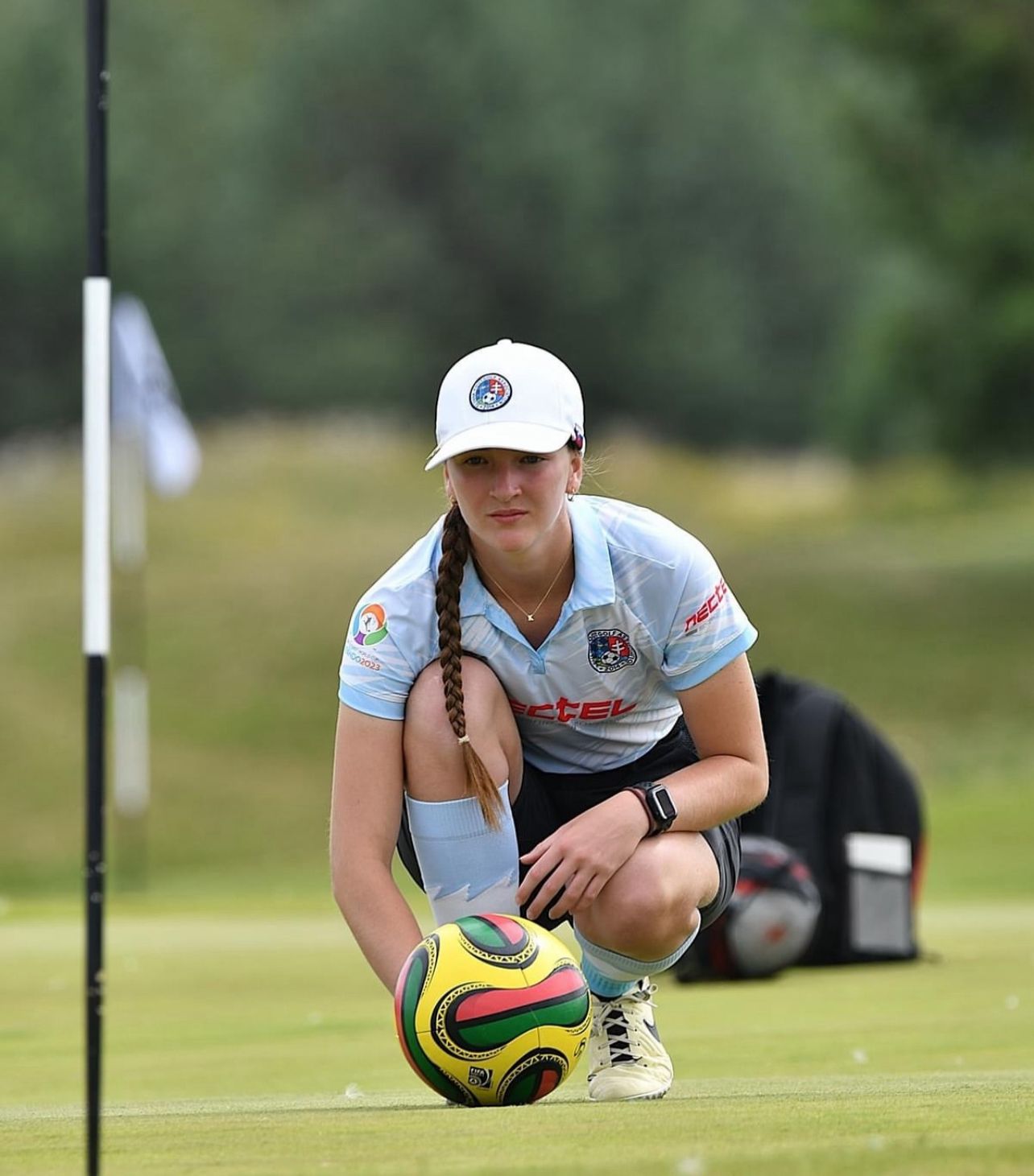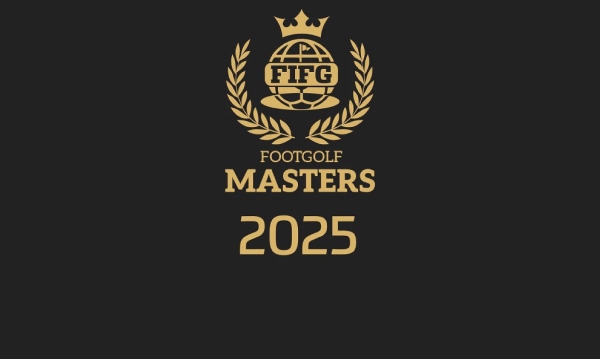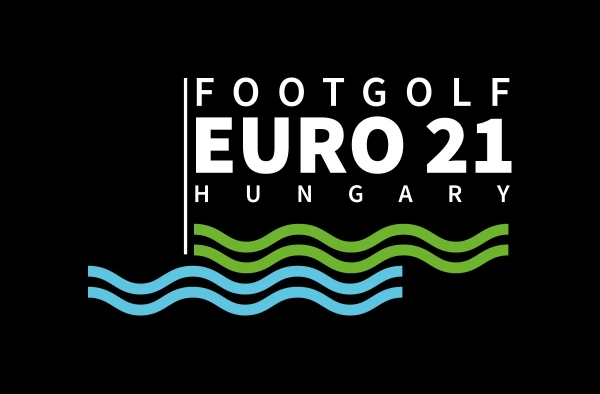At just 17 years old, Klaudia Nemcová has reached the incredible milestone of becoming the number one ranked FootGolf player in the world. Her journey is inspiring—not only because of her success but also because of her determination, humility, and love for the sport. Still balancing school and other commitments, Klaudia has proven that with hard work and passion, anything is possible.
What makes her achievement even more remarkable is that she started her FootGolf career without any prior soccer experience. Coming from a tennis background, she had to learn everything from scratch—how to kick a ball, how to compete, and how to improve her game step by step. Her rise to the top has been nothing short of extraordinary, and her story serves as a testament to perseverance and dedication.
Despite the challenges, Klaudia remained focused, steadily improving year after year. From struggling in junior tournaments to standing on podiums in major competitions, she has transformed herself into a dominant force in FootGolf. Her journey has inspired many young players to believe that they, too, can achieve greatness in the sport.
In this interview, Klaudia shares her thoughts on becoming world number one, her early struggles, and her goals for the future. She also offers insight into the growing youth participation in FootGolf and the importance of having fun while competing. Let’s dive into her incredible story!
How does it feel to be the best FootGolf player in the world?
It’s unbelievable! I don’t think I have fully processed it yet. Becoming world number one is a huge achievement for me—it feels like winning a gold medal. When I started playing, I never imagined this would happen. It has been a fast and exciting journey, and I’m really proud.
When did you start playing FootGolf?
I started in 2020 when I was 13 years old. What makes my story unique is that I had never played soccer before. It was very difficult in the beginning, especially competing in Slovakia, where I faced strong players like Lucia and Rebecca. At times, it was really challenging.
How did you manage to improve?
At first, I played in the junior category for two years, but I wasn’t getting the results I wanted. I was always finishing near the bottom in tournaments. After a while, I started comparing my scores to the women’s category and realized I could be more competitive there. So, in 2022, I asked if I could switch to competing against women, and that changed everything.
Did you have any difficulties learning the sport?
Yes! Since I had no soccer background, I didn’t even know how to kick the ball properly. I had to learn everything from scratch, and it took me years of practice. My main sport was tennis—I have played since I was three years old—so FootGolf was something completely new.
What made you fall in love with FootGolf?
I first got interested around 2018 or 2019 when I watched Joseph compete. We traveled with him to tournaments, including a trip to the USA, and I thought, ‘Why not give it a try?’ Even though I had no experience, I trained with Joseph and Rebecca in Slovakia and started to believe I could do it.
The first year was tough, and I only played in Slovakia. I finished last in many tournaments, but I kept pushing myself. Eventually, I started seeing progress. I documented my results, and seeing my improvement motivated me to keep going.
Did training with experienced players help you?
Yes, absolutely! My first training sessions were with Rebecca and Joseph, who taught me the rules and strategies. I also trained a lot with Tomas Bartko. Having strong training partners made a big difference and kept me motivated.
With youth FootGolf growing in Slovakia, what do you think about school programs?
I think it’s great! I really wanted to help with school tournaments, but my schedule didn’t allow it. One of the tournaments was in central Slovakia, but I had school that day. The other one was near my school, but I was competing elsewhere. I hope I can be more involved in the future.
It’s amazing to see schools competing in FootGolf. Even my teacher played in a tournament! I believe this will help grow the sport.
What do you think about the idea of a Youth World Cup?
It’s a nice idea, but I’m not sure if there are enough young players yet to support a full World Cup. However, youth FootGolf participation has grown a lot—over 200% last year! That’s incredible. Developing young players is important because the current top players will eventually retire. We need the next generation to be ready.
You are proof that anyone can succeed in FootGolf, even without a soccer background.
Exactly! I hope my story inspires others to try FootGolf. It might be easier if you have a soccer background, but it’s not impossible without one.
At first, I thought it was unrealistic to become a top player. Competing against experienced players like Lucia and Rebecca made winning feel impossible. But as I kept practicing, the gap between us started to close.
How often do you practice now?
Balancing school and training is difficult. I play tennis three times a week, which helps my fitness and focus. I also work out at home—cycling and running. In the summer and spring, I try to play FootGolf at least once a week, but sometimes my schedule makes it hard.
How many tournaments did you play last year?
I played around 20 tournaments. It sounds like a lot, but it was actually fewer than the year before. I spent six months training in Germany, which meant I couldn’t play in Slovakia as much.
What were some of your best tournament results?
The year started rough—I finished eighth in Sharjah, which was disappointing. But then I won in Prague, which gave me confidence. My biggest breakthrough was at the Hungary Open, where I placed second, and then I won the Slovak Open.
What are your goals for this season, especially with the World Cup coming up?
I want to stay at the top and keep improving. My goal for the World Cup is to finish in the top ten. In the last World Cup, I was ranked 25th, so I hope to move up this time.
What is the most important thing about FootGolf for you?
The people around you! Having a strong support system makes a huge difference. Their encouragement keeps me going, even during difficult times. It’s important to support each other.
How important is having fun in sports?
It’s everything! If you don’t enjoy what you’re doing, you won’t succeed. Every round teaches me something new, and even when things don’t go as planned, I learn from the experience.
Thank you for sharing your story, Klaudia. You are an inspiration to many!
Thank you! I hope more young people give FootGolf a try. If I could go from knowing nothing about soccer to becoming world number one, then anything is possible!



